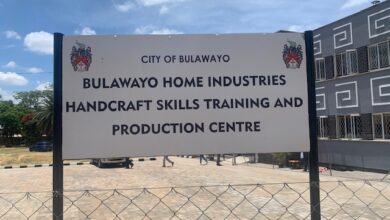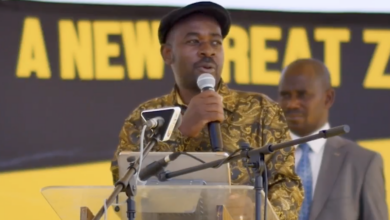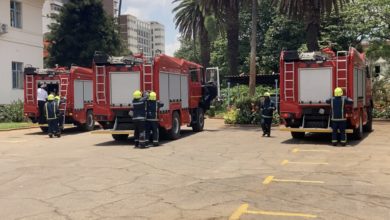Council bowsers overwhelmed, deliveries to depend on availability of fuel

By Albert Nxumalo
Bulawayo City Council (BCC) has advised residents in areas hard hit by crippling water shortages that bowser deliveries depend entirely on the availability of fuel noting that it has only six water bowsers running out of the fifteen required.
The city is currently under a stringent 144-hour water-shedding regime as the remaining three supply dams are about 29 percent full.
This is despite Government mid-May insisting that water problems bedevilling the city with over a million people would ease before the end of May.
“The bowser delivery schedule is independent of the water-shedding programme and covers the areas that permanently do not get water from the water reticulation system,” council said in a June water delivery schedule update.
Added the notice “Water deliveries depend entirely on the availability of fuel. Unavailability of water to be confirmed prior to deliveries to areas including Pumula East, North, south, Nkulumane 12 etc”.
According to the local authority, in an area where there are two or more water delivery points, two bowsers will deliver water in two points at the same time to avoid overcrowding following Covid-19 guidelines to fight the epidemic.
However, social distancing at water collection points is proving to be difficult to observe.
Moreso, the council said bowsers will supply water to hospitals, clinics, funerals, children homes, stadiums, prisons, and schools and to areas affected by the water main bursts on an “as and when” required basis.
Council noted that it is facing a shortage of water bowsers as just six are running while the desired number is fifteen.
“On average 25 loads are delivered a day against a demand of 42,” council said.
In May, Government brushed aside a proposal by the city fathers to declare the water situation a national disaster, saying there is enough water to last up to 14 months.
With the dam levels around 35 percent, the local authority approached the Government to declare the water crisis a national disaster.
Since then the water levels have dropped to 29 percent and council has been forced to steadily adjust the water-shedding period from an initial 48 hours last year to 72 hours then 96 hours.
That changed to 108 hours weekly, progressed to 120-hour weekly water-shedding exercise to the current 144 hours a week.
Acting on advice from independent engineers, the Government said the remaining three supply dams, Mtshabezi, Insiza and Inyankuni could supply water to Bulawayo for at least nine months and if ‘properly synchronised’ can go up to 14 months.






